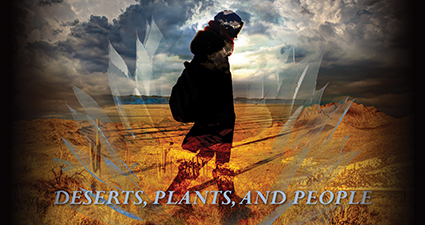
by bartmann | Apr 4, 2024
Professor Smith brings his popular June 2017 course to Oro Valley! Environments commonly known as “deserts” occupy nearly one-third of the earth’s land surface and are home to about a billion people. We will first discuss the geographical features of deserts,...
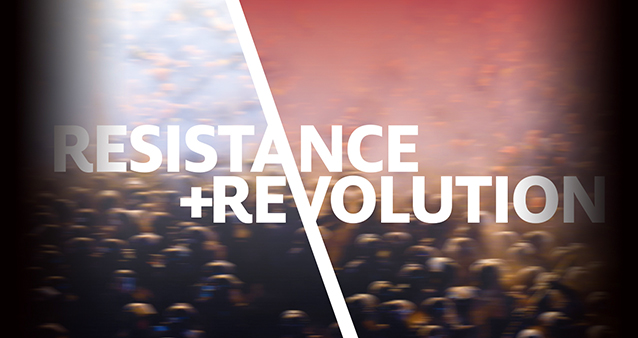
by bartmann | Apr 4, 2024
This course brings together six distinguished scholars from the College of Humanities to explore movements of social resistance and revolution. Malcolm Alan Compitello, Professor and Head of Spanish and Portuguese, examines the Spanish Civil War as a crucial moment...
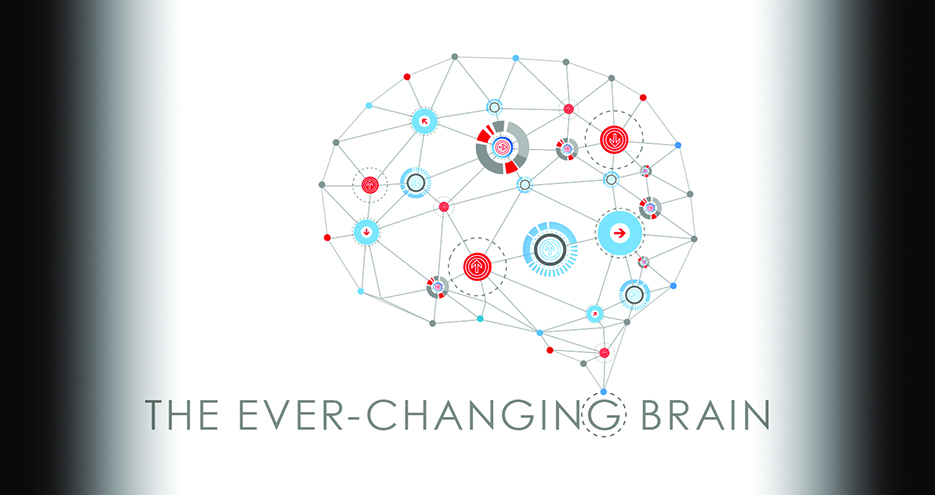
by bartmann | Apr 4, 2024
Professor Tolbert brings back her popular spring 2016 course with some exciting updates! Please Note: We will be offering two sessions of this course in the coming semester. Session 1 will be held in the morning from 9 – 11 AM. Session 2 will be held in the...
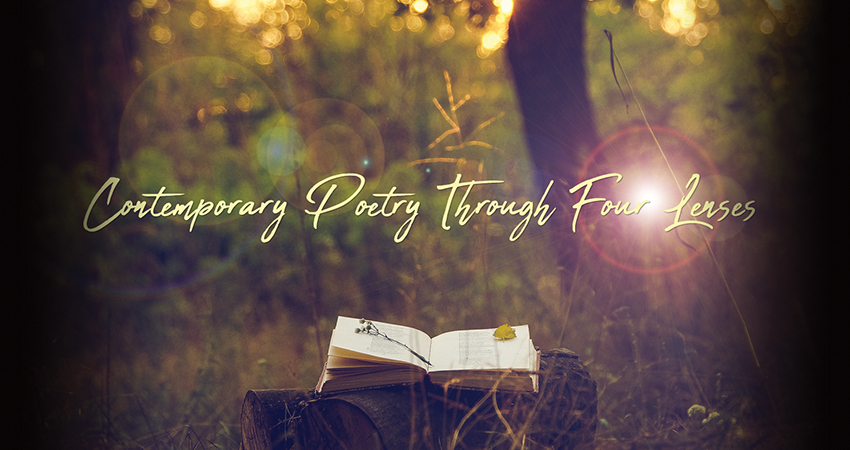
by bartmann | Apr 4, 2024
Register Now In a letter to Thomas Higginson, Emily Dickinson used these words to describe poetry: “If I read a book and it makes my whole body so cold no fire can warm me, I know that is poetry. If I feel physically as if the top of my head were taken off, I know...
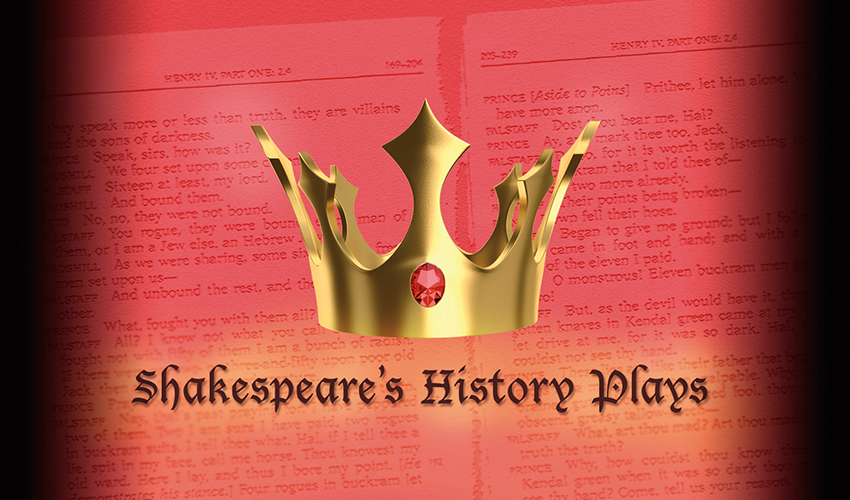
by bartmann | Apr 4, 2024
Register Now Shakespeare’s history plays have never been more relevant. In reading Richard II; Henry IV, Part One; Henry IV, Part Two; and Henry V, this seminar will encounter some of the enduring political questions: the transference of power from one reign—or...
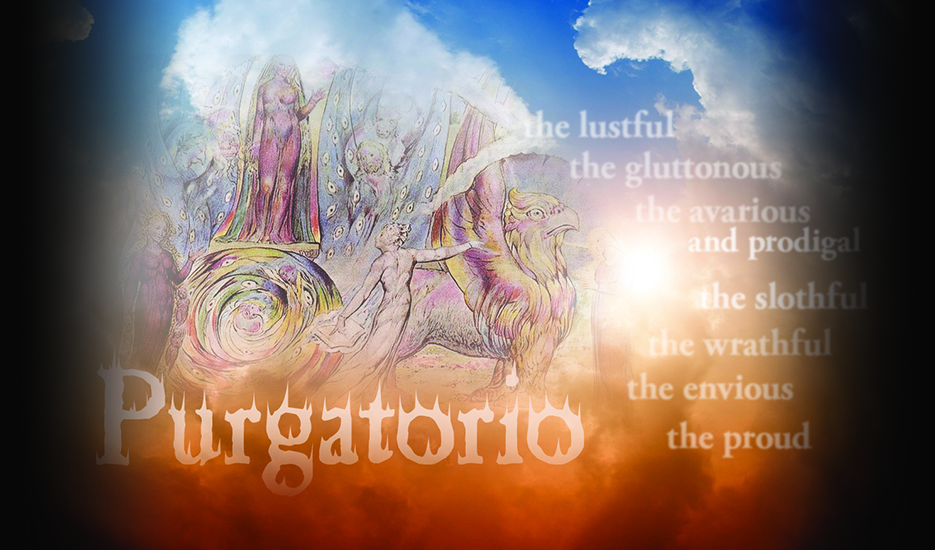
by bartmann | Apr 4, 2024
Dante’s Purgatorio, as is well known, is not a standalone text; it is simply the second part of The Divine Comedy. In this course we will deal with Dante’s views on redemption and salvation as represented in his Purgatorio. Our focus will be the nature of sin: How it...
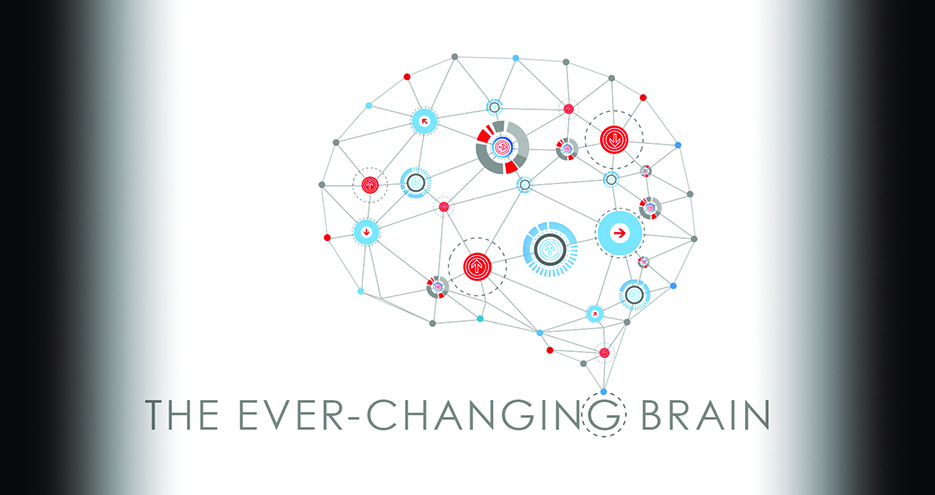
by bartmann | Apr 4, 2024
Professor Tolbert brings back her popular spring 2016 course with some exciting updates! Please Note: We will be offering two sessions of this course in the coming semester. Session 1 will be held in the morning from 9 – 11 AM. Session 2 will be held in the...
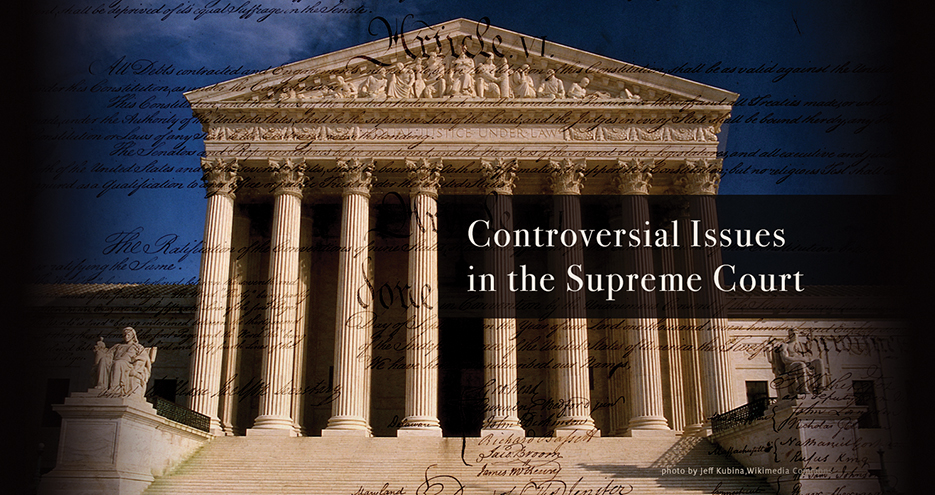
by bartmann | Apr 4, 2024
This course explores the United States Supreme Court and its role in deciding fundamental social questions. After an introductory class on the Court itself, we will focus on landmark cases involving race in education, abortion, religious freedom, and wartime...
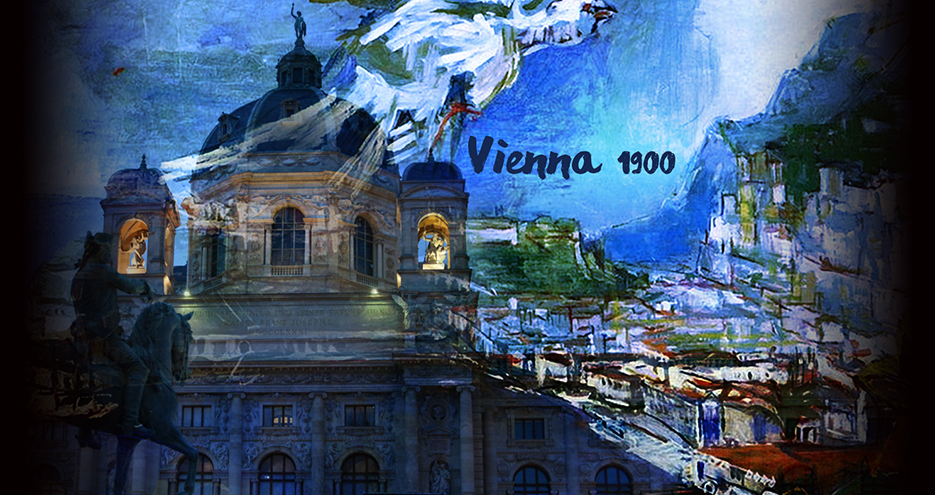
by bartmann | Apr 4, 2024
This course will explore how the political developments at the turn of the twentieth century shaped the culture of Vienna. The failure of liberalism after its brief period in power due to the economic crisis of the 1870s, the rise of anti-Semitic parties, and World...
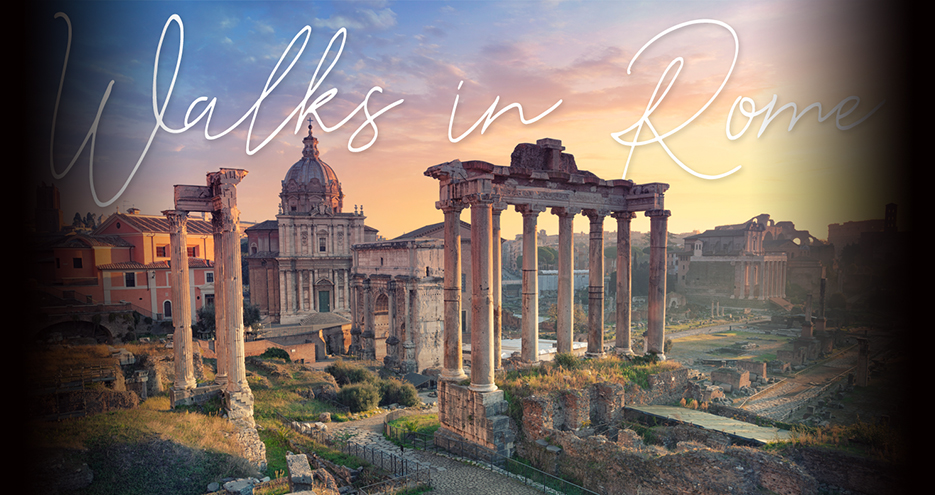
by bartmann | Apr 4, 2024
For over two millennia, Rome has been central in the West’s symbolic landscape and the city is still filled with the glorious hidden treasures of centuries. The humanist epigram Quanta Roma fuit ruina docet—‘Her ruins teach us how great Rome was,’ invites a study of...
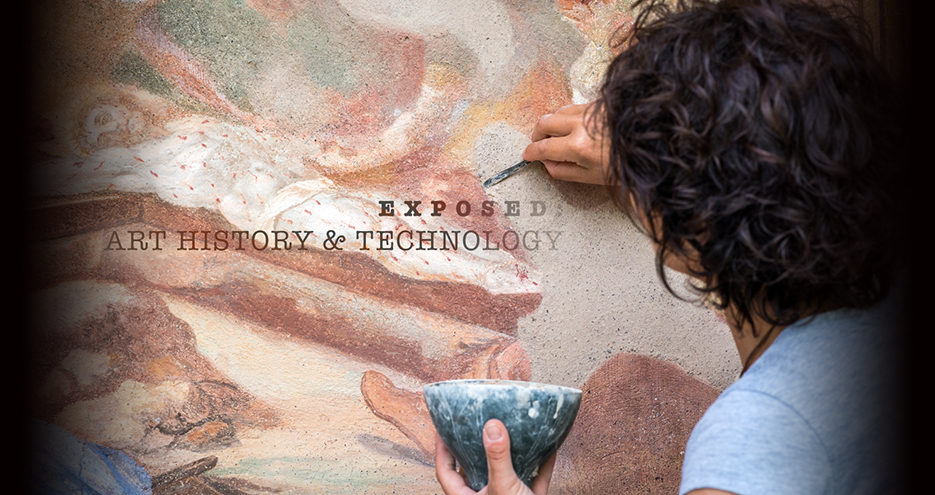
by bartmann | Apr 4, 2024
Science and technology enhance our understanding of cultural history by uniting scholars across disciplines in order to expand art historical perspectives and preserve cultural masterpieces. This course begins with an overview of the campus collections and the basic...
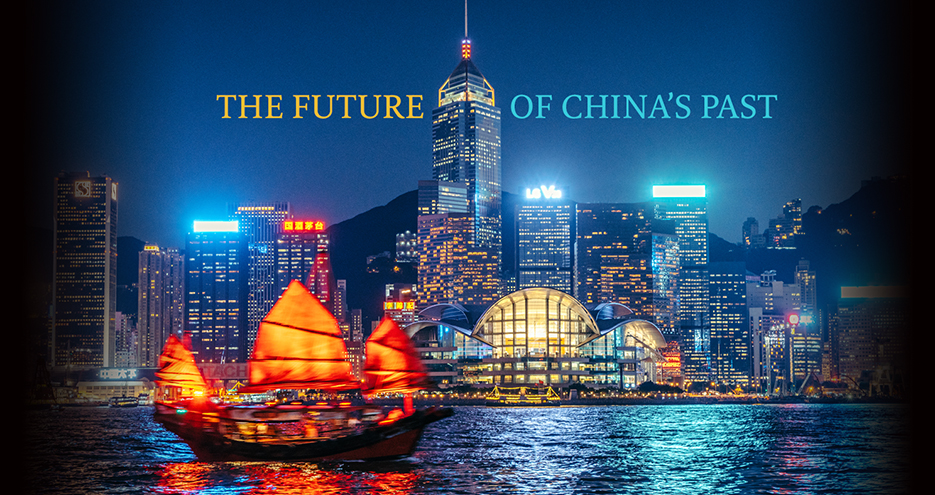
by bartmann | Apr 4, 2024
China’s rise may be the single most transformative event of the contemporary world. Many have called attention to the economic and political impact of China’s rise, but what of China’s cultural renaissance? What does it bode for the future? The reinvention of China’s...
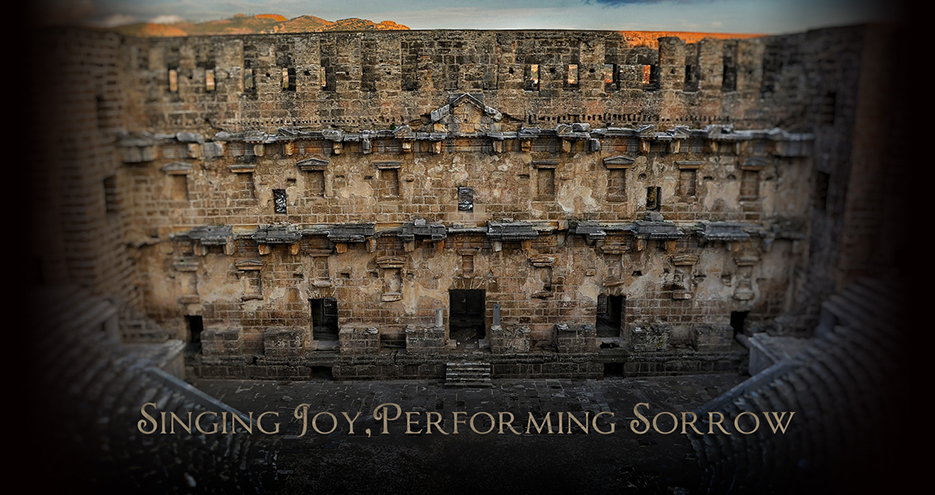
by bartmann | Apr 4, 2024
Explore ancient Greek plays as dynamic examples of live theater and discover the often-spectacular performance aspects that rival opera, Busby Berkeley musicals or Cirque de Soleil. In this course, we will examine the role of the chorus and the choral odes, which form...
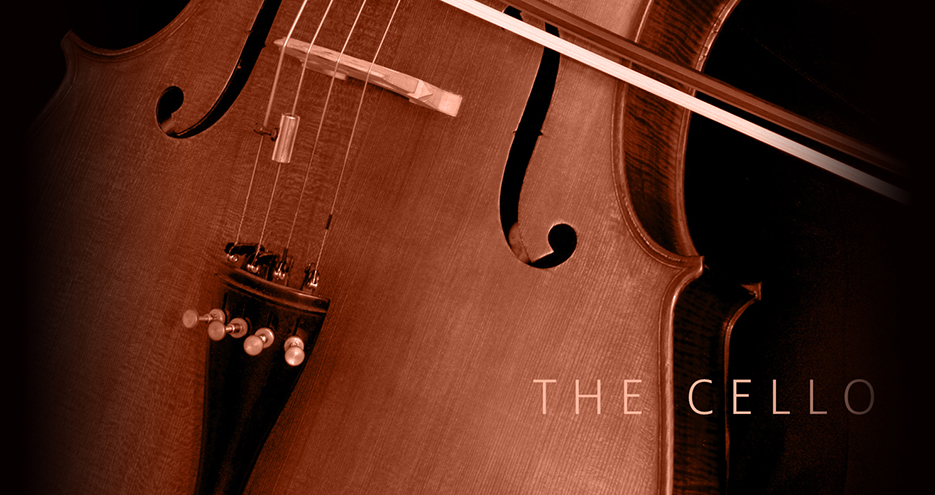
by bartmann | Apr 4, 2024
The cello is an incredibly expressive and versatile instrument, reflecting the scope and trends of western music history. In this course, we will explore the origins of the cello, compare the unique artistries of historic cellists, enjoy movements from the monumental...
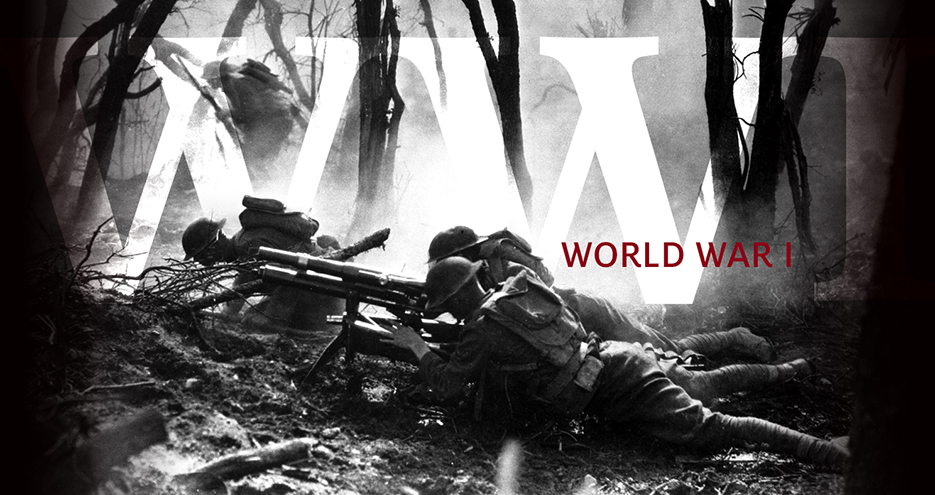
by bartmann | Apr 4, 2024
2018 marks the centennial of the Great War, as World War I was originally known. The War ended the Concert of Europe, reworked global geography and transformed the domestic structures of the combatants. This course will examine the War’s origins, explore how it ended...
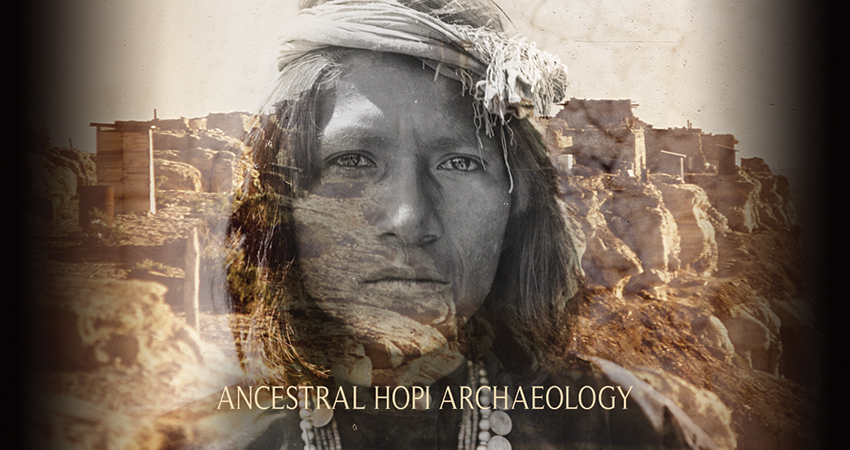
by bartmann | Apr 4, 2024
The Hopi, who have maintained many of their ancient practices while deftly navigating the dramatic changes of the last 500 years, are among the world’s most fascinating and most studied peoples. This seminar will introduce participants to the archaeology,...
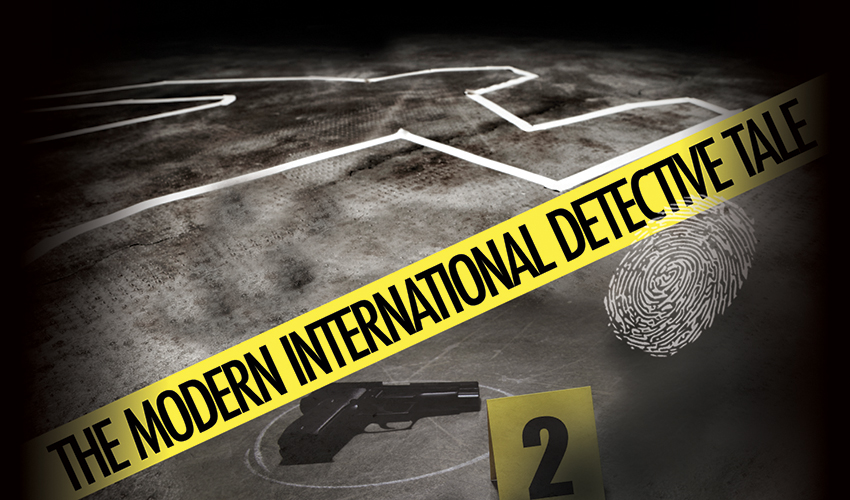
by bartmann | Apr 4, 2024
Register Now Professor Compitello brings his popular summer 2014 course to Oro Valley! The detective tale, born of the work of Edgar Alan Poe and altered by Dashiell Hammett, evolved over time in the hands of international masters such as Jorge Luis Borges, Manuel...

by bartmann | Apr 4, 2024
“No person ever steps in the same river twice, for it’s not the same river and he/she is not the same person.” If this is the human condition according to Heraclitus, what remains permanent in the midst of change? This course will explore the twin themes of...
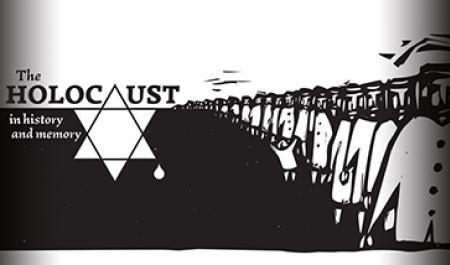
by bartmann | Apr 4, 2024
This course addresses the twentieth-century genocide that was the Holocaust, the attempted annihilation of European Jews and other designated racial and political opponents led by the Third Reich in Germany. We will review the horrific events of the Holocaust and...
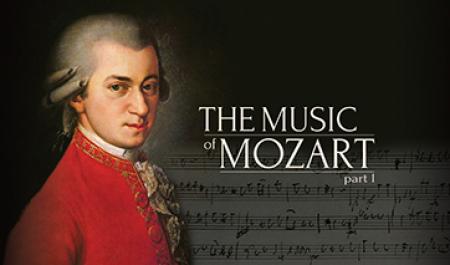
by bartmann | Apr 4, 2024
Few composers have been as prolific in so many genres as Wolfgang Amadeus Mozart. In this course we will survey a portion of this vast output from the unique perspective of specialists in the field, all professors at the University of Arizona Fred Fox School of Music....





















